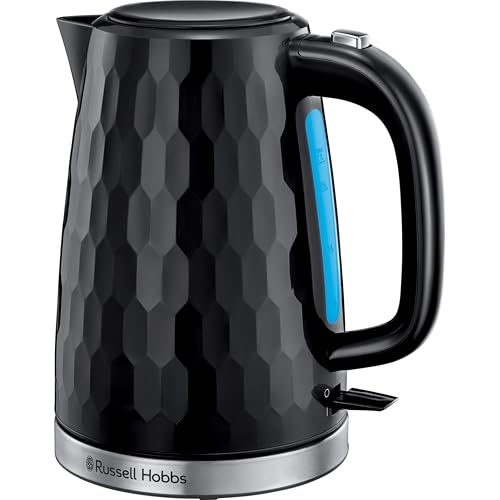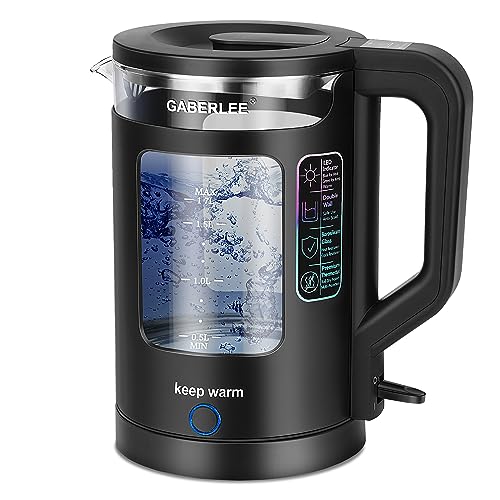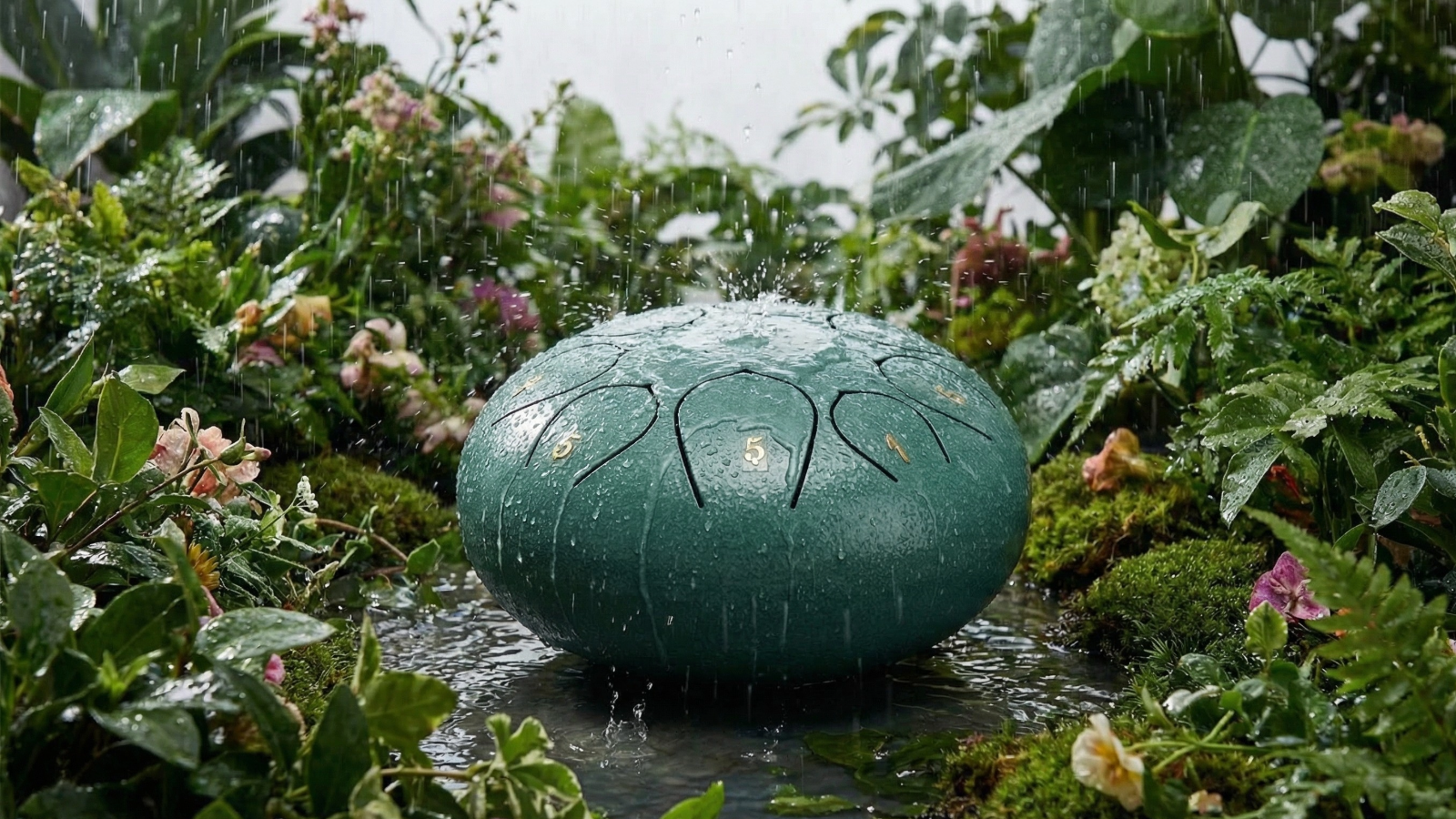How much electricity does a kettle use? The cost of making a cup of tea
Boiling down the costs of using your kettle and how you can save on your energy bill
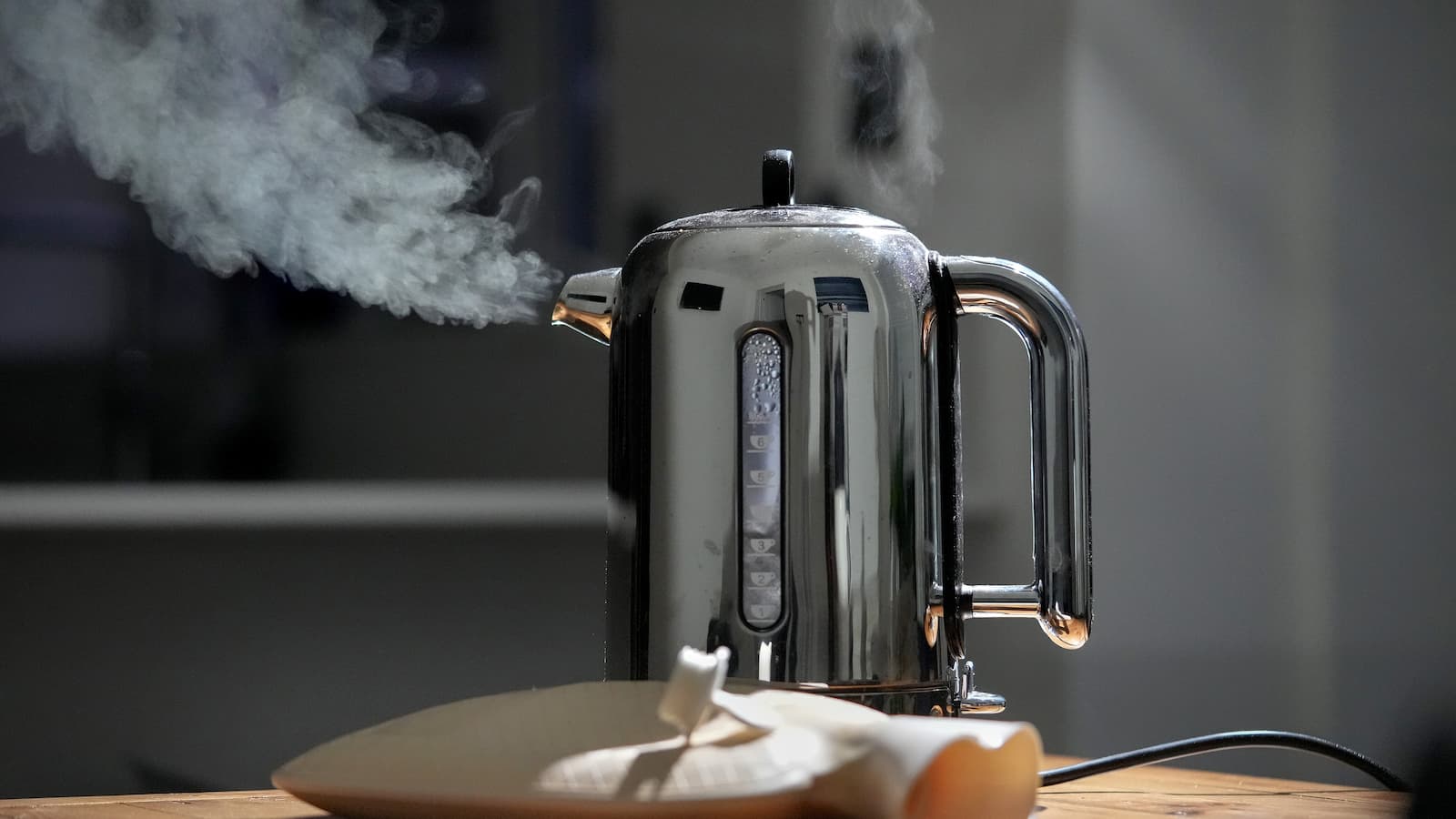
Bring your dream home to life with expert advice, how to guides and design inspiration. Sign up for our newsletter and get two free tickets to a Homebuilding & Renovating Show near you.
You are now subscribed
Your newsletter sign-up was successful
Boiling the kettle might feel like a small daily habit, but it could be silently costing you more than you think.
According to Utilita’s Power Price List, a kettle can be a surprisingly energy-hungry device.
Let’s break down exactly how much electricity a kettle uses, why it matters as well as provide some energy saving tips to save money with every cup of tea or coffee.
How expensive is it to boil a kettle?
Utilita’s data reveals that boiling a kettle costs around £0.05 per use, which might not sound like much.
However, over the course of a year, based on typical usage, that adds up to £71.76. This kettle is one of the highest users of electricity in the home and one of the more expensive small appliances to run, especially if you're frequently boiling more water than needed.
And the environmental cost? Each boil is equivalent to driving 0.20 miles in a petrol car. Over a year, that’s like driving nearly 296 miles, just from making hot drinks.
Why does a kettle use so much electricity?
Kettles are built for speed. That means high power. Most electric kettles in the UK are rated at around 3,000 watts (3kW). Heating water from cold to boiling point quickly requires a lot of energy.
Bring your dream home to life with expert advice, how to guides and design inspiration. Sign up for our newsletter and get two free tickets to a Homebuilding & Renovating Show near you.
Here's what contributes to the high energy use:
- High wattage: Kettles demand a lot of power over a short period.
- Overfilling: Many people boil more water than they need, using extra energy for no reason. According to the UK Tea and Infusions Association (UKTIA), heating larger amounts of water costs more money, and overfilling adds an eye-watering £900 a day to the nation’s energy bills.
- Limescale build-up: This reduces heating efficiency, making your kettle work harder (and longer).
As Utilita’s Power Price List puts it: “Want to know if your kettle’s a super saver or an energy sapper? Get to know the numbers.”
If you're curious about how to save money on other appliances, take a look at our guide to the cost of running a tumble dryer.
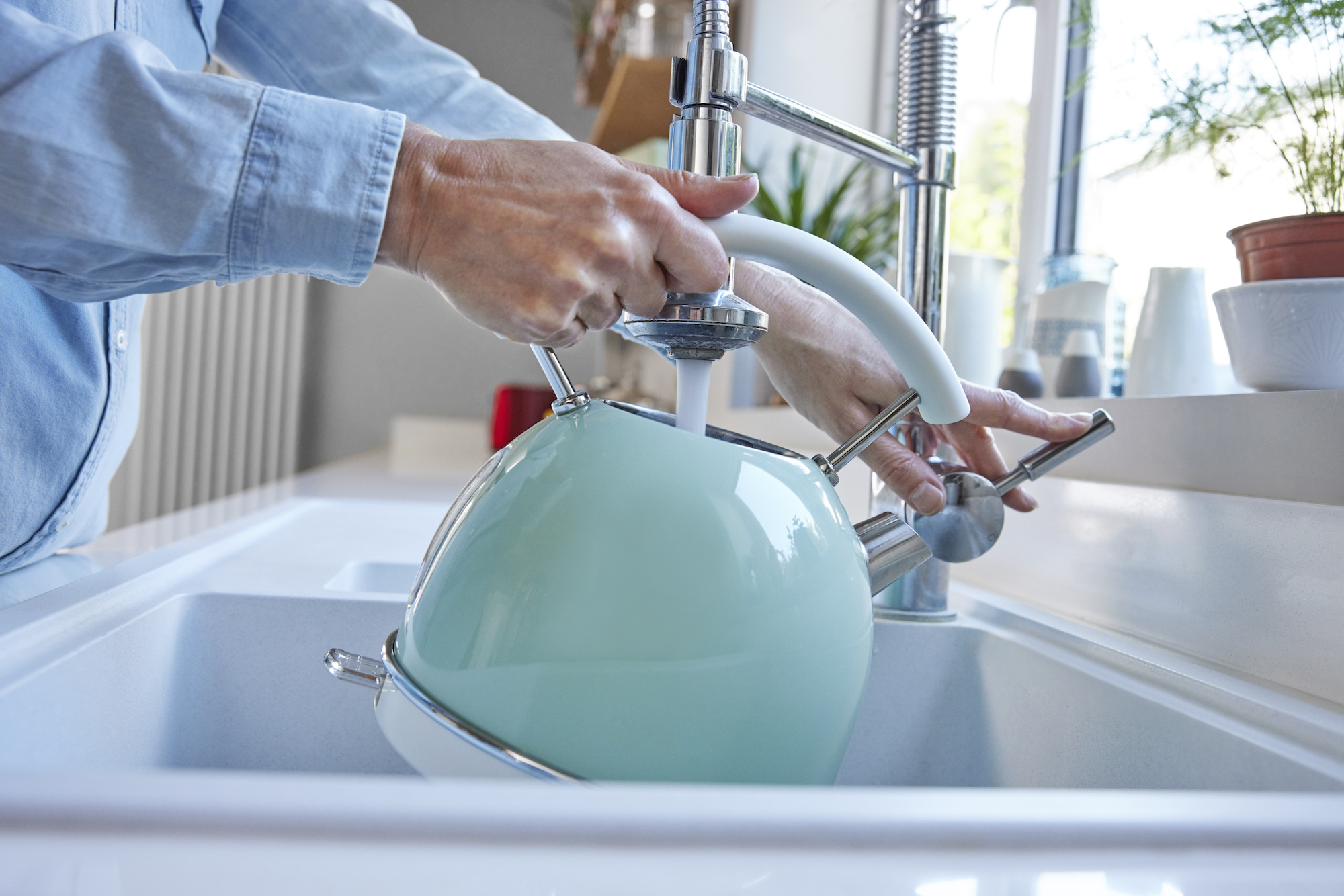
How can I save money when boiling my kettle?
Good news - cutting down on kettle-related electricity costs is easier than you might think. Here’s how to save on energy and money:
Boil Only What You Need
Measure the amount of water you actually need using a mug or cup. Dr Sharon Hall, head of the UK Tea and Infusions Association, has emphasised the importance of boiling only the necessary amount of water to save energy and reduce costs. She stated: “Following the Smart Boil guidelines to fill the kettle with only the water you need is good for the planet as well as your budget.”
Descale Regularly
A kettle with limescale build-up takes longer to boil water. Descaling once a month can improve efficiency and cut running costs.
According to Russell Hobbs’ kettle expert Cira Jones: “The build-up of limescale is a culprit when it comes to the energy efficiency of your kettle. Resulting from the natural build-up of minerals such as calcium carbonate, magnesium, and iron, limescale deposits act as an insulator. In turn, this forces the kettle to work a lot harder to heat itself.”
Don’t Reboil
If you've already boiled the water and it’s still warm, don't start from scratch. Reboiling costs more than keeping the water hot.
Use a Thermos Flask
If you're making multiple hot drinks a day, consider boiling once and storing the hot water in a flask to avoid repeated boiling.

Dr Sharon Hall brings a deep and unique understanding of kettles and electrical appliances, particularly in relation to how they intersect with consumer behaviour, energy use and the tea and infusions industry.

Cira Jones is a marketing professional with in-depth knowledge of product functionality, consumer behaviour, and appliance performance in the UK market through her roles at Russell Hobbs and George Foreman.
Should I buy a new kettle?
If your kettle is old, inefficient, or constantly needs to be refilled and reboiled, it might be time to upgrade.
But don’t rush to replace it. Utilita suggests: “Not so fast! Always consider servicing an item or replacing broken parts before replacing the entire item.”
However, according to Which.co.uk: “If a kettle is able to reach boiling point in around three minutes, it will use far less energy than one that takes four or five minutes to boil the same amount.”
If you do need a new kettle, look for one with:
- Auto shut-off
- Rapid boil settings
- Energy-saving eco modes
- Variable temperature controls
These features help reduce power usage, especially if you regularly heat water below boiling (e.g., for green tea or instant coffee).
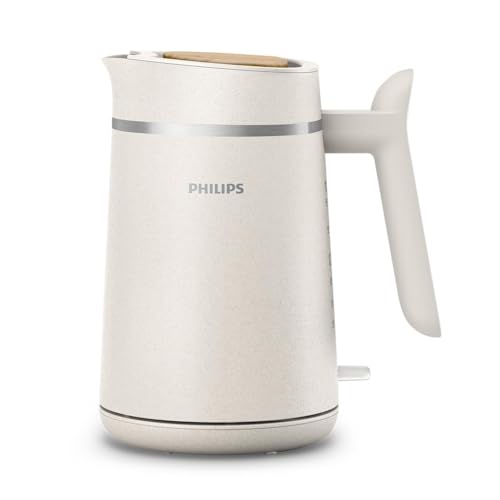
So, how much electricity does a kettle use? The answer is: more than you'd think - especially if you're overfilling or reboiling regularly. At £71.76 per year, that little daily habit adds up fast.
With energy price rises soaring managing the electricity consumption of everyday appliances like kettles is crucial.
By making a few small changes - like boiling only what you need, descaling, and considering an energy-efficient model - you can cut your kettle costs significantly.

News Editor Joseph has previously written for Today’s Media and Chambers & Partners, focusing on news for conveyancers and industry professionals. Joseph has just started his own self build project, building his own home on his family’s farm with planning permission for a timber frame, three-bedroom house in a one-acre field. The foundation work has already begun and he hopes to have the home built in the next year. Prior to this he renovated his family's home as well as doing several DIY projects, including installing a shower, building sheds, and livestock fences and shelters for the farm’s animals. Outside of homebuilding, Joseph loves rugby and has written for Rugby World, the world’s largest rugby magazine.
